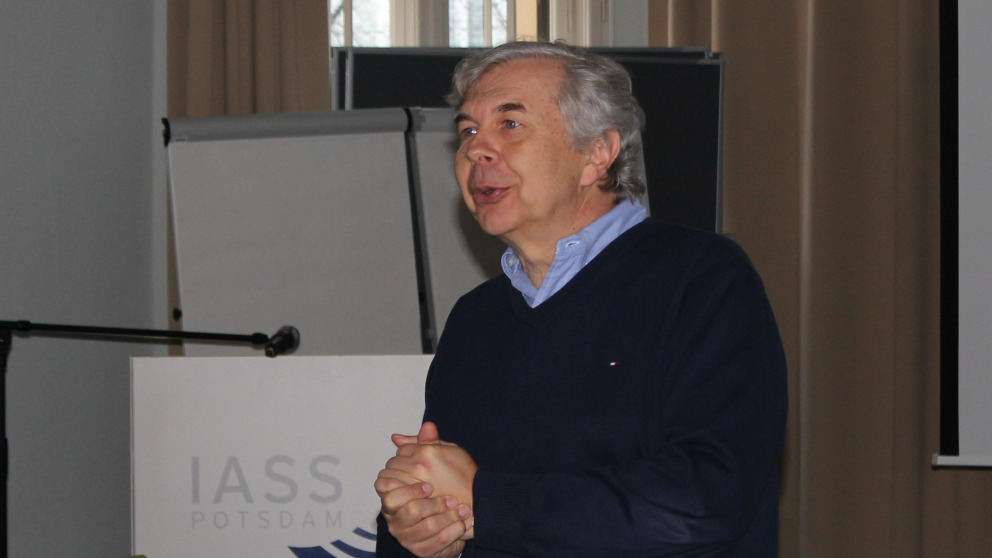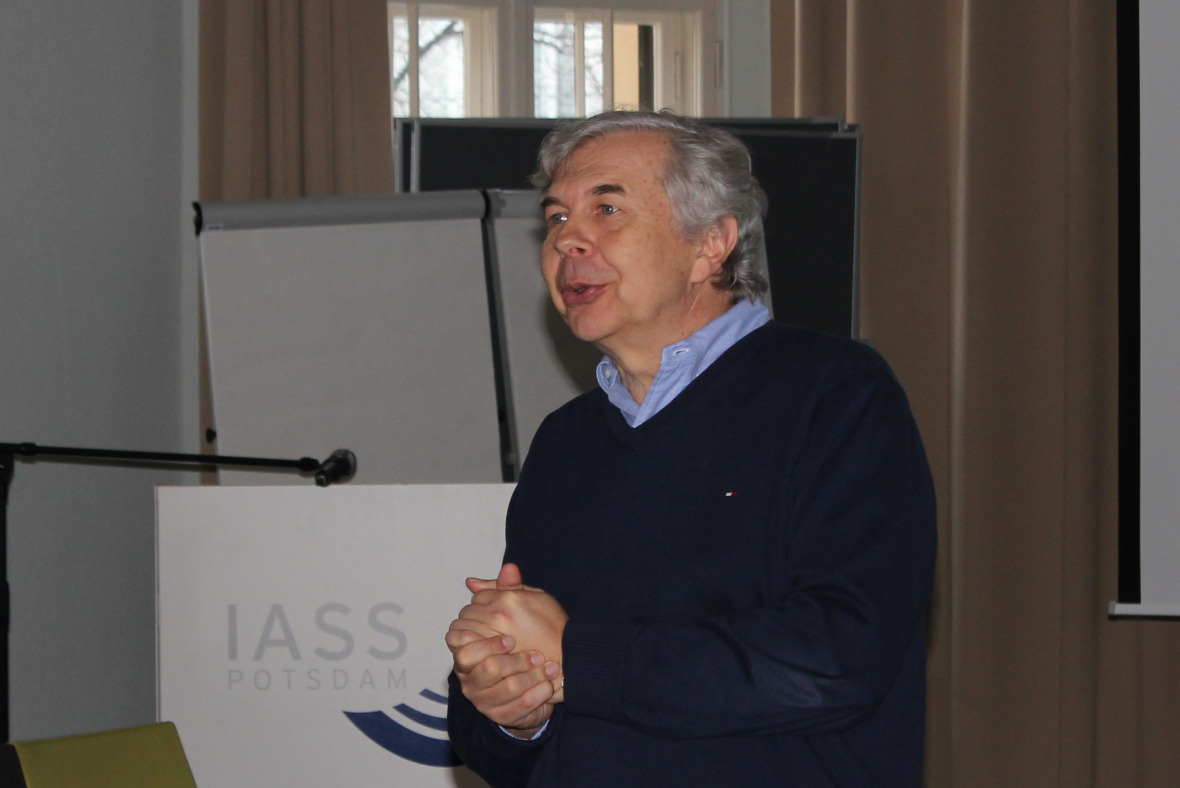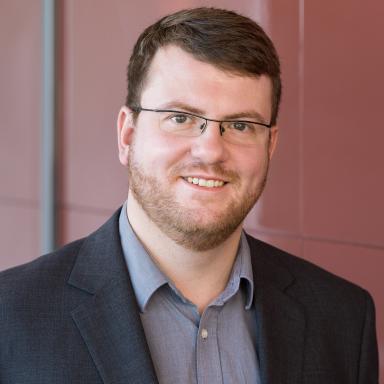Headline:
Is Climate Science of Any Use to Society? Atmospheric Scientist Guy Brasseur Reflects on a New Kind of Climate Services

We know a lot about climate change and its causes. But why has that not led to greater change? According to one hypothesis, this is due to a communication problem: “In recent decades scientific progress has not sufficiently helped society to develop mitigation and adaptation strategies to increase its resilience,” claimed the Belgian atmospheric scientist Guy Brasseur in a talk he gave at the IASS on “Climate Services: Dream or Reality?” on 4 February. Brasseur, who headed the Climate Service Center in Hamburg from 2009 to 2014, outlined his idea for more effective climate services there. Of central importance for him are joint projects between scientists and stakeholders from sectors such as agriculture, transport, tourism, trade, health, finance and construction.

All too often scientists pursue a top-down approach, where the producers of knowledge are completely detached from its users, Brasseur claimed. This might be ok when information is simply being relayed, as in the case of the weather forecast, but it is not ok in areas that require more complex planning such as climate change adaptation. In Brasseur’s view, scientists need to work on a case-by-case basis, taking local knowledge and customs into consideration: “Every user is different; the decision-making context is key, as is the sectoral focus. We need to know the ‘who’ and the ‘what’.” In general, people are far more interested in finding solutions to concrete, present-day problems than they are in extensive databases and long-term projections.
In Brasseur’s experience there is a demand for advice on mitigation strategies, but there is no significant market for climate adaptation products. One reason for this is the lack of communication between researchers and stakeholders. Other factors are the lack of effective legislation on climate adaptation and the fact that the timescales associated with climate change are considerably longer than the strategic planning horizons of most institutions. “Private companies are interested in climate services that provide answers to their specific questions within very short timeframes,” said Brasseur.
His favoured approach foresees the establishment of climate services as a partnership between research institutes, experts on the effects of climate change, adaptation strategies and vulnerability – economists, consulting firms and academics – as well as representatives of the corporate world and public services. For Brasseur, this kind of partnership is exemplified by the Ouranos Consortium in Montreal, where 450 researchers and other professionals cooperate to investigate the effects of climate change and develop adaptation measures. It’s projects like this that could make the dream of effective climate services a reality.
09.02.2015

